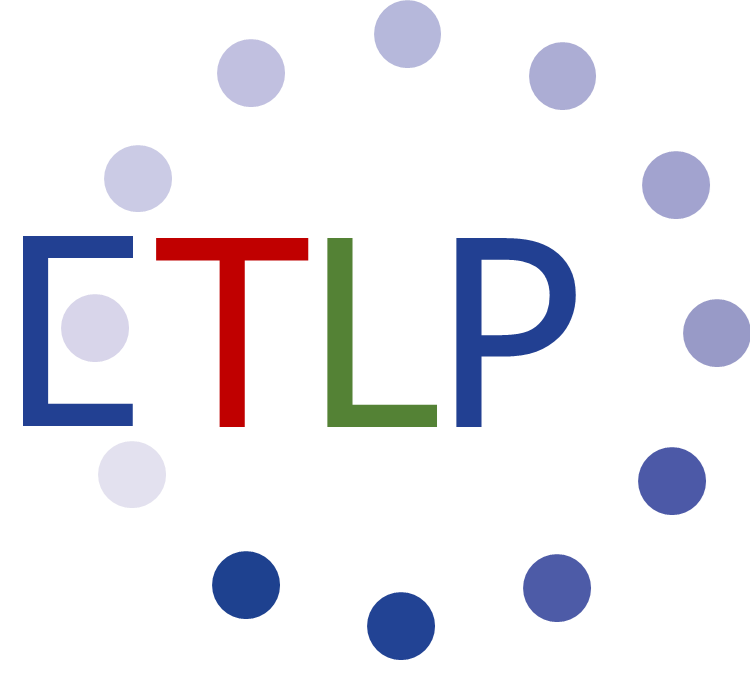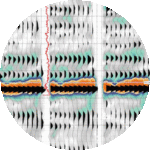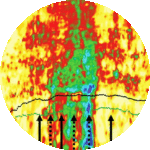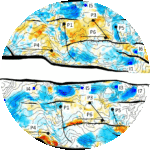research programme
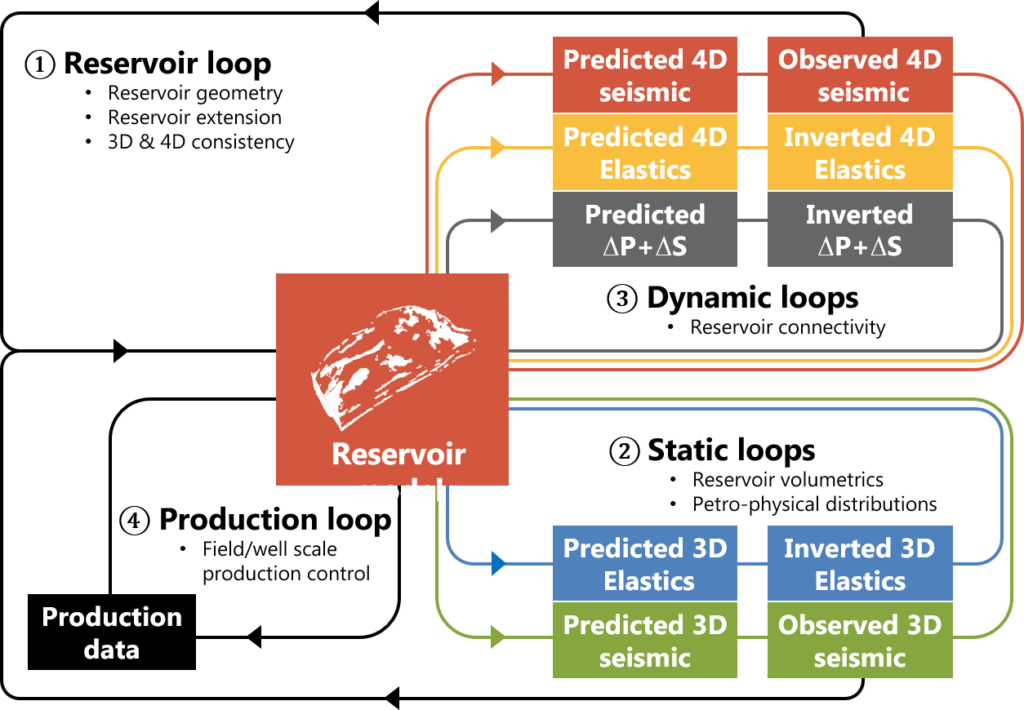
RESERVOIR GEOPHYSICS GROUP
Our planned approach of research is to leverage the obvious strong future trends in industry to improve, extend and innovate the predominant focal areas of 4D seismic application. Thus, we will consider machine learning to implement dynamic property estimation, primary seismic inversion, and data assimilation. We seek tools to improve the subsurface model but also to perhaps replace the model by a proxy under certain circumstances. Another major trend is CO2 injection for EOR and storage, both of which we will consider. We seek solutions in all aspects of 4D seismic analysis that enhance speed (whilst retaining accuracy and robustness), deal with larger data volumes, and integrate across many data types to provide information that can be made to enhance decision making. Our work is achieved by developing tools in a data-rich environment, that use pre- stack data, pre-migration data, volumes, time-shifts, amplitudes and waveforms.
To address the above, our Phase 9 technical programme builds on previous successful phases. Whilst there is a desire to continue many of our cherished themes, we also introduce some new and challenging projects (AI and CO2 utilisation and storage) that address the needs of the industry today. Continuation of some select topic themes is necessary as ETLP has a well-established research lead in these areas, and they continue to be highly relevant to the sponsorship group. ETLP will also take this new phase as an opportunity to continue the process of consolidating knowledge acquired over the years together with the software developed and a rationalisation of our database. The development of the ETLP software platform introduced in Phase 8 is likely to be continued further as a resource for both staff, students and sponsors alike.
The programme can be categorized into four thematic modules whose central subject areas are:
• Module 1 – 4D QI+
• Module 2 – Dynamic property estimation
• Module 3 – Data assimilation
• Module 4 – CO2 and hydrogen storage
The ETLP technical programme below defines a series of focussed studies aligned to what we think are the major trends over the coming three years. The individual topic areas will form seeds for our research projects going forward, which we will populate with PhD students and appropriate datasets.
